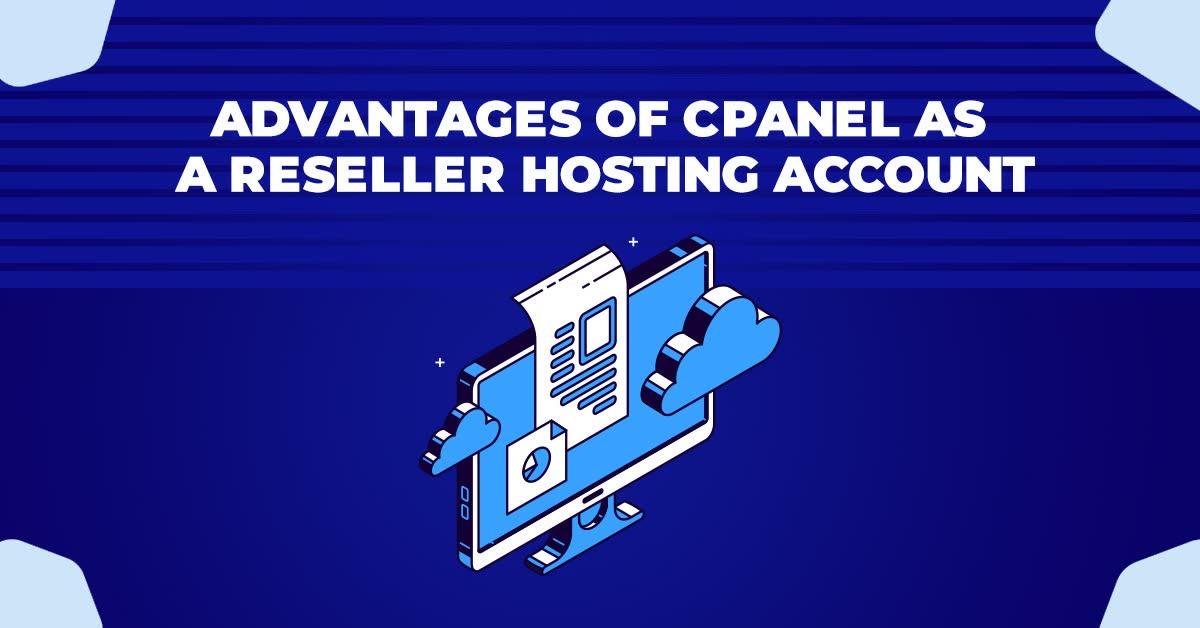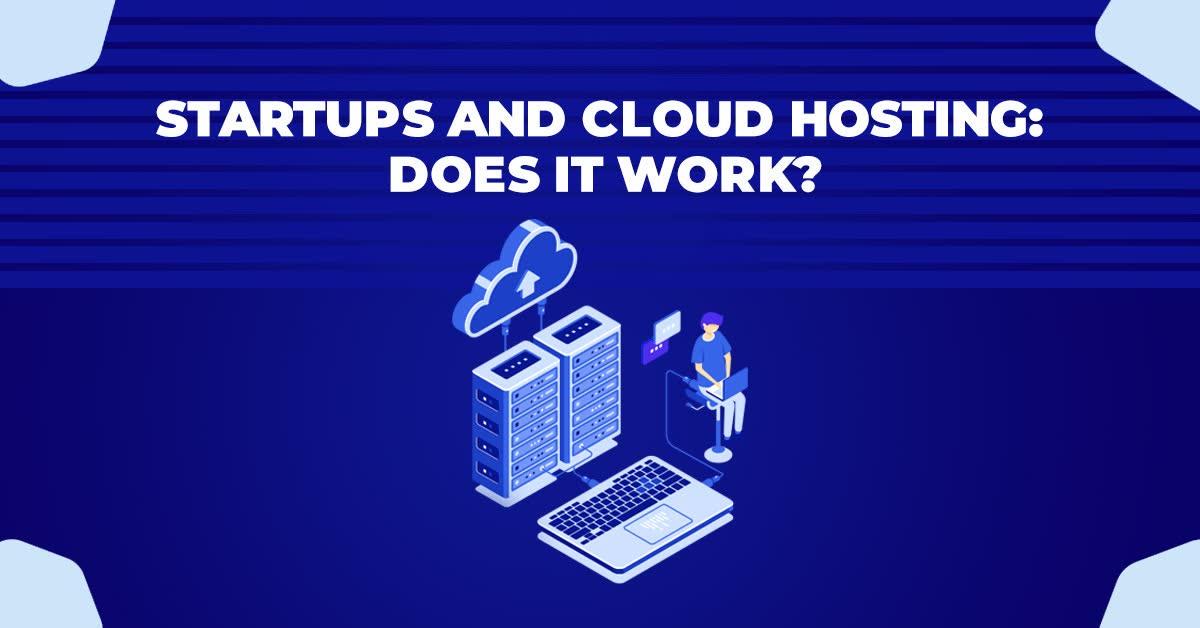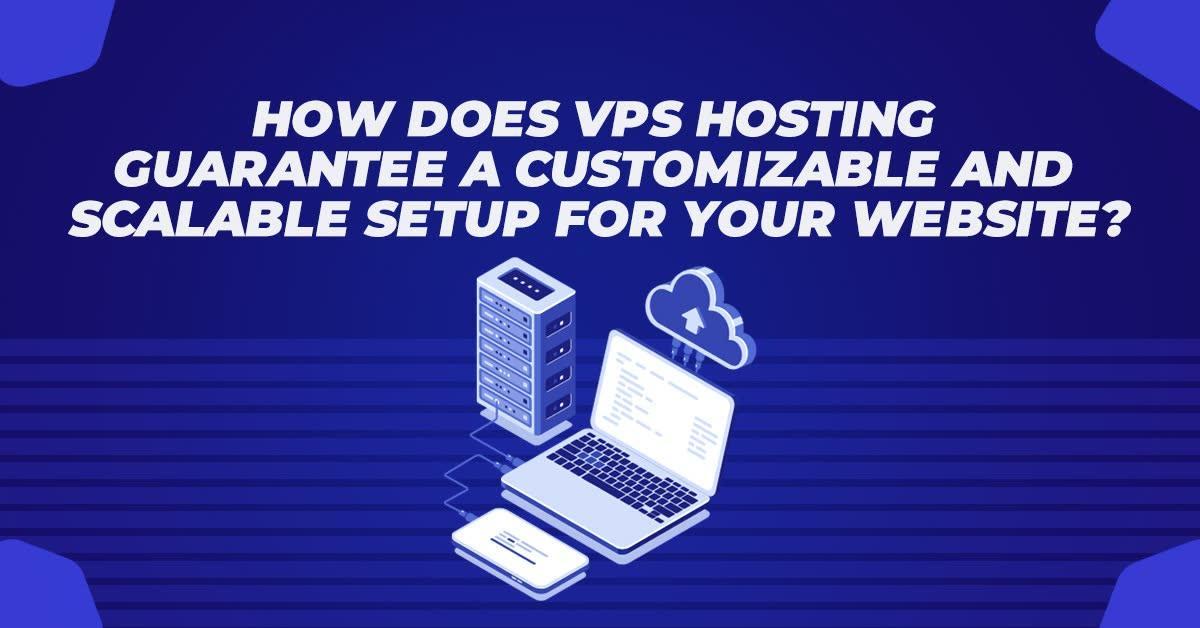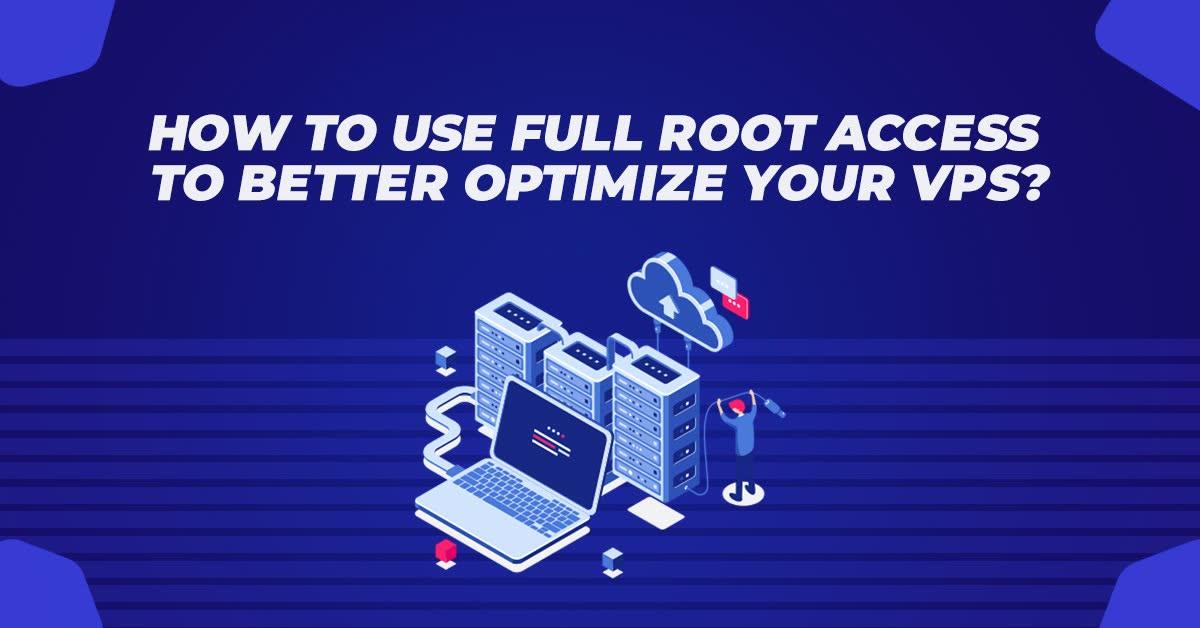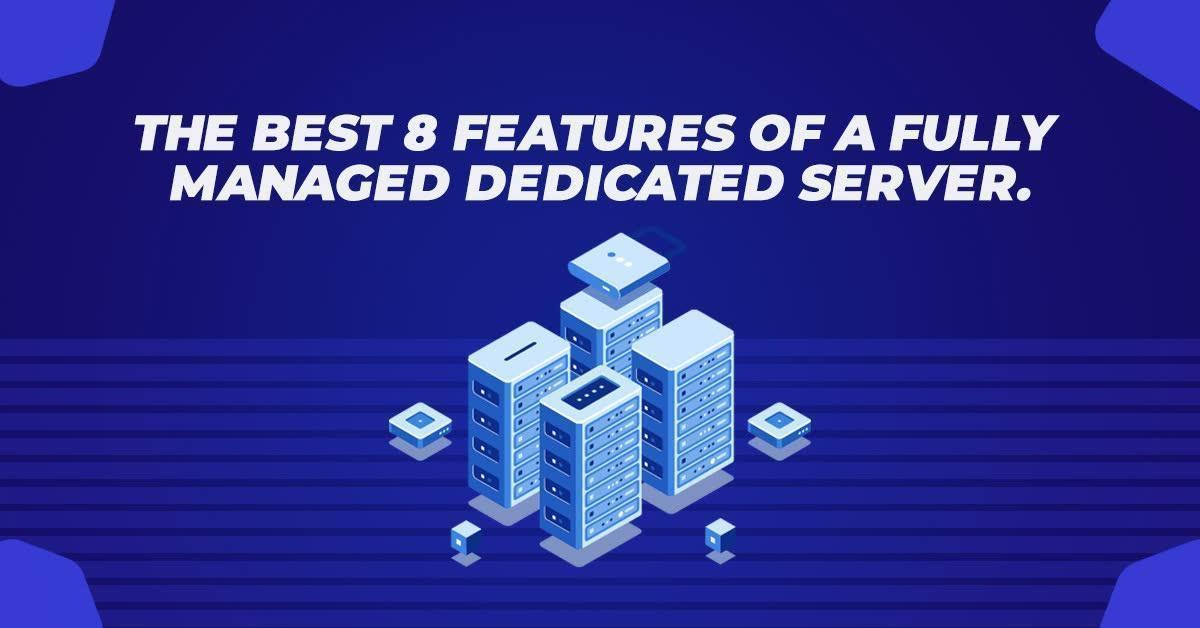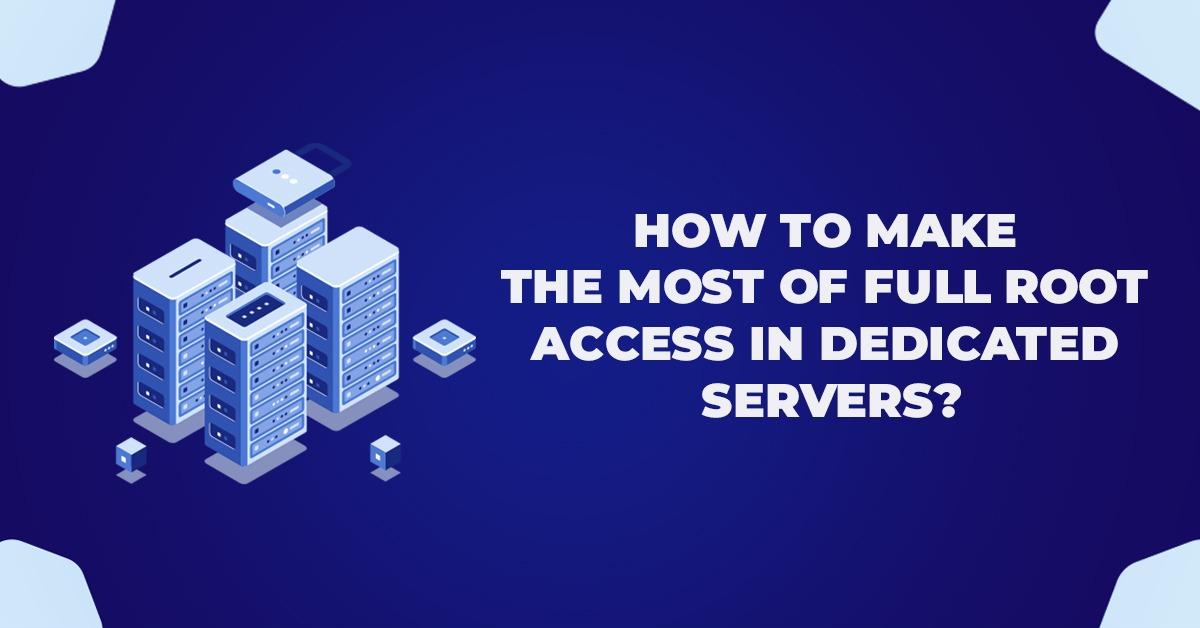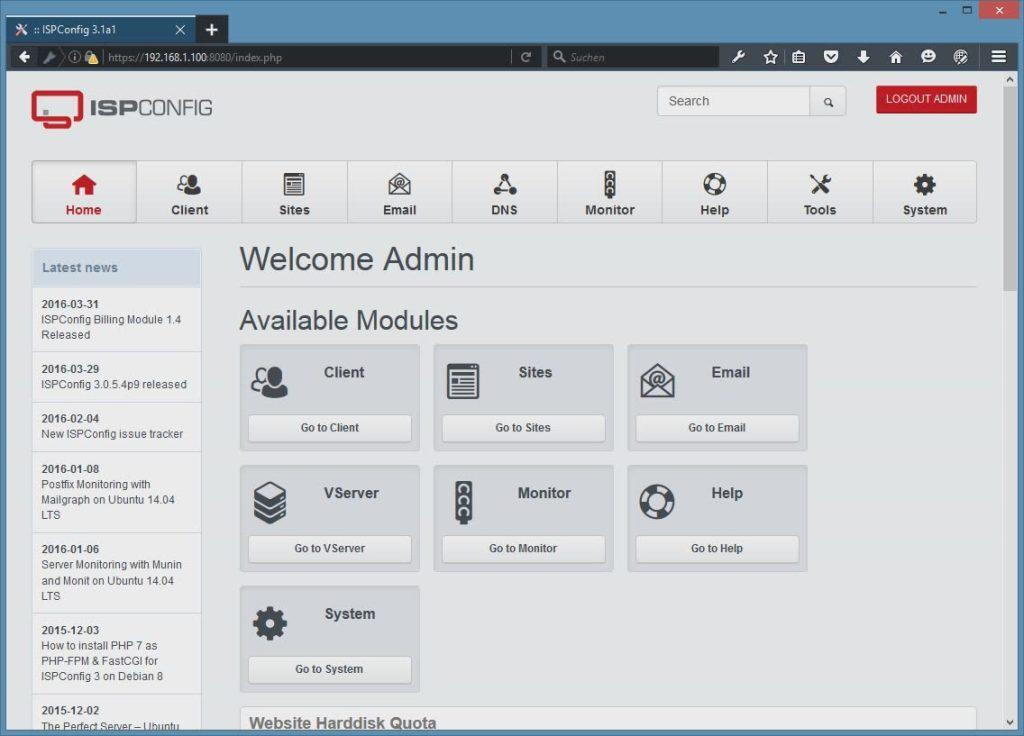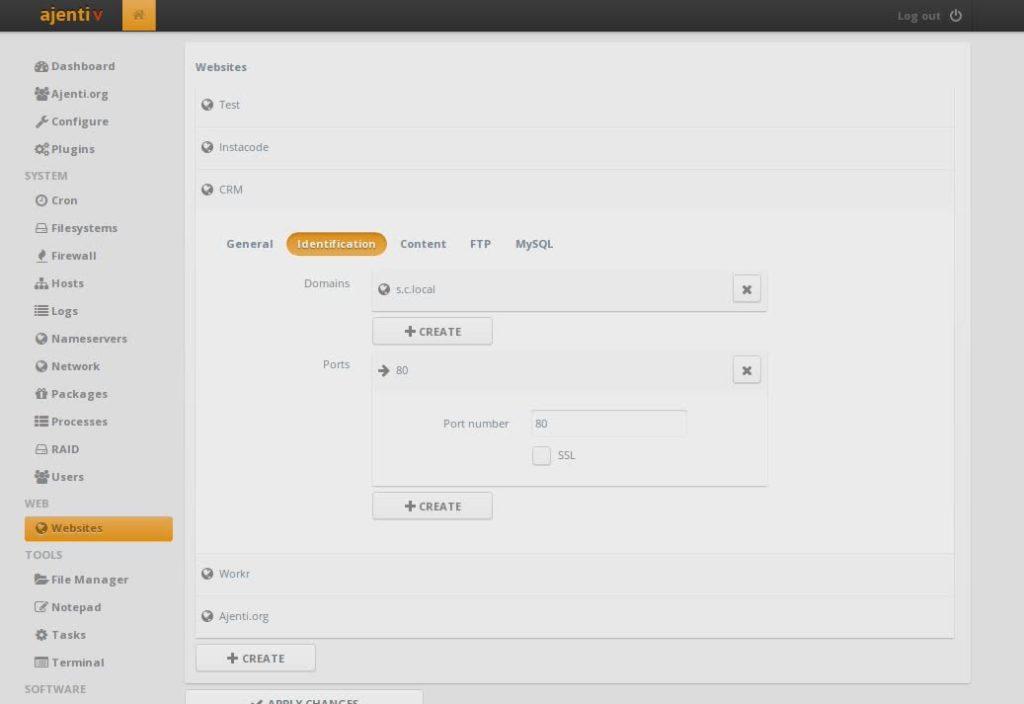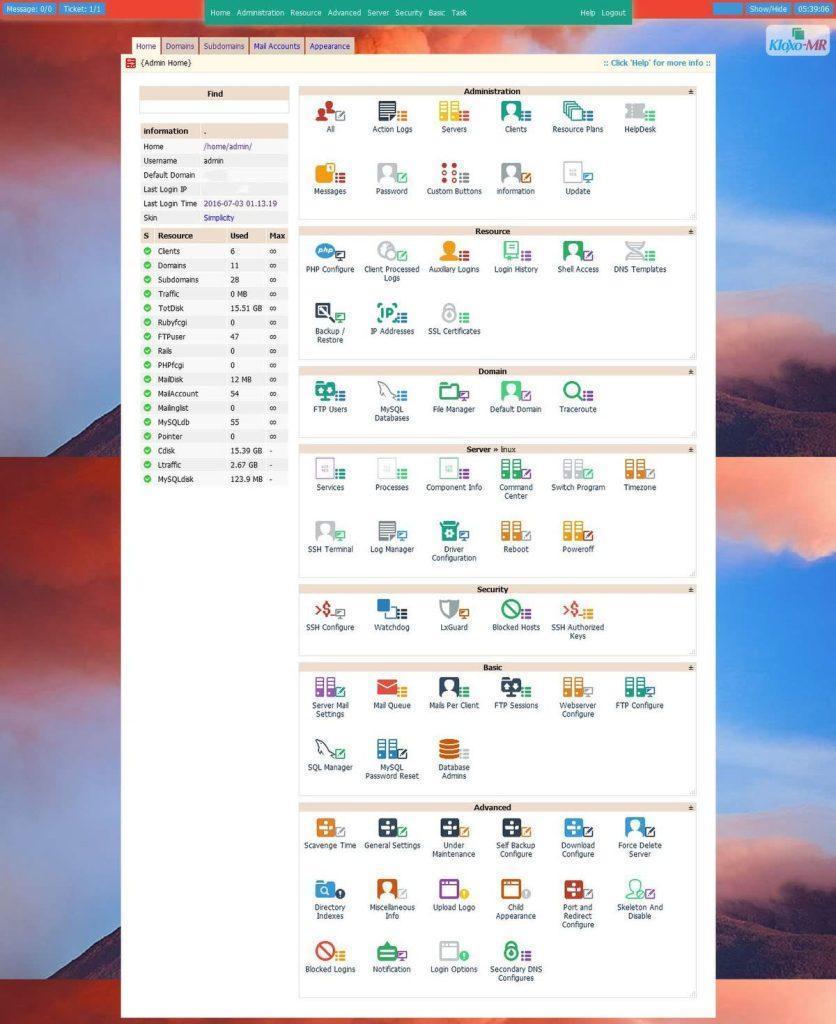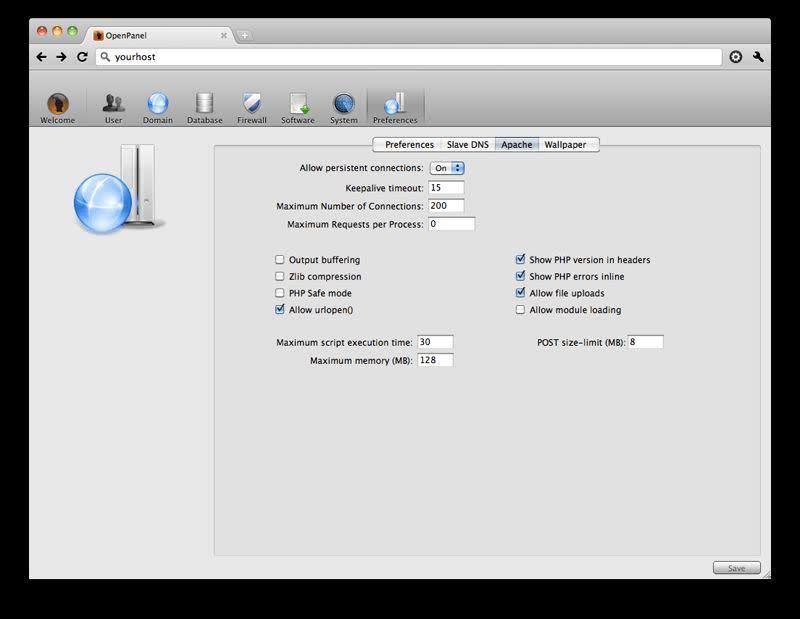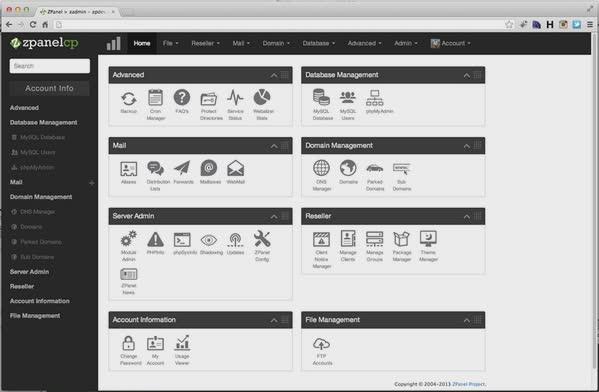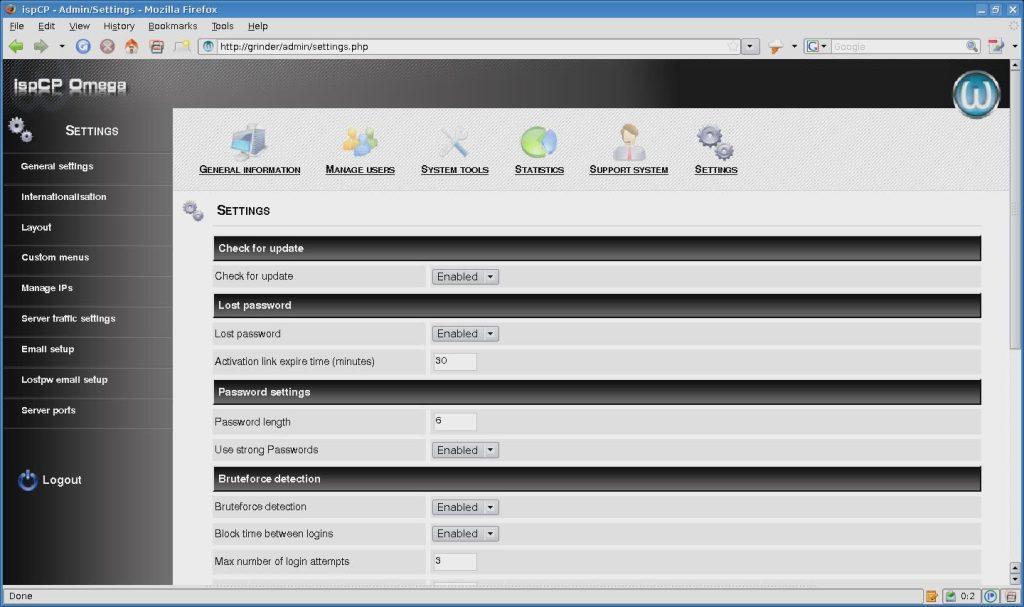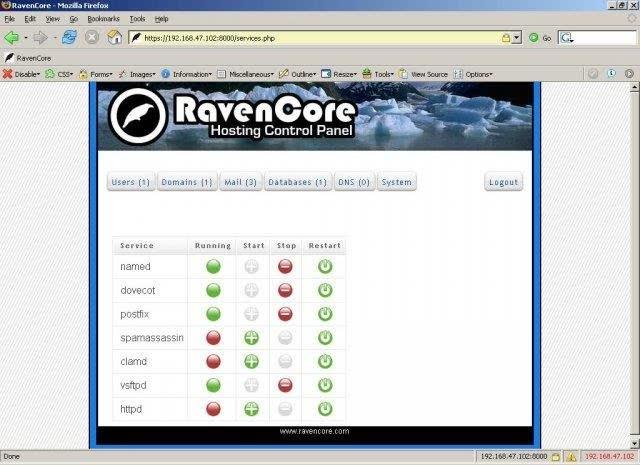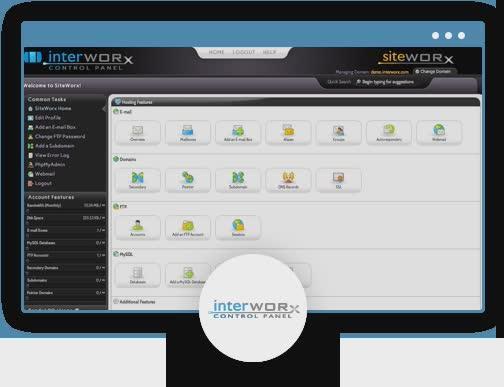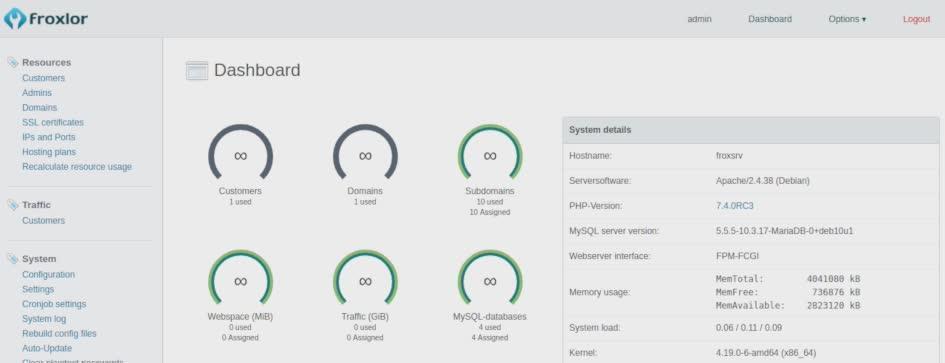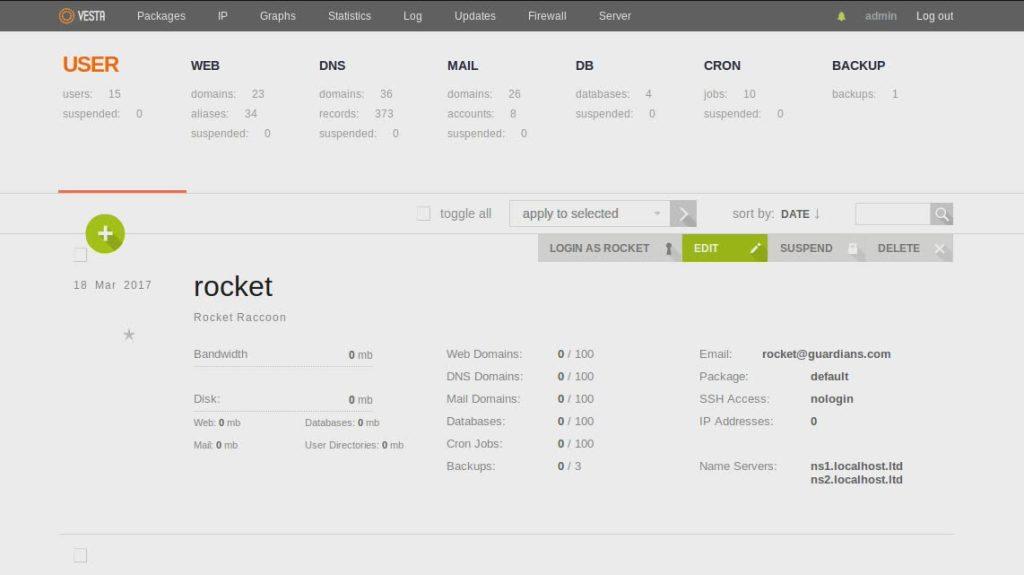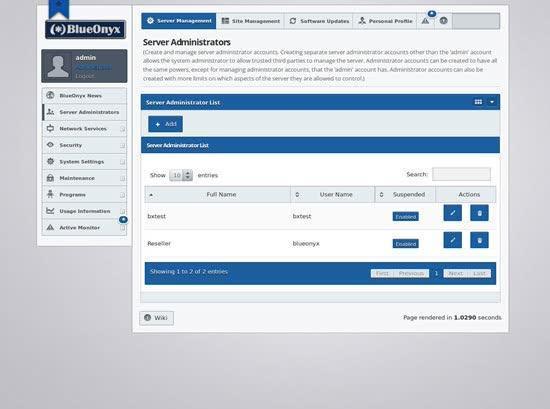Advantages Of cPanel As A Reseller Hosting Account
cPanel is one of the most popular hosting control panels. It has a lot of features that make it a great choice for not just webmasters but resellers as well. Using cPanel for your reseller hosting account has numerous advantages. This article will go through some of the many features of the product and also the reasons why it is so popular among the users who desire an easy interface to work with.
Reseller hosting is one of the most straightforward ways to launch your own web hosting company. You just purchase hosting resources from a well-known parent web hosting firm, rebrand, bundle, and then subsequently trade it off to interested consumers.
A Glance At cPanel
cPanel is a robust control panel that allows you to easily manage your web hosting server. It’s extremely common among shared hosts, where it’s the default solution offered by the majority of low-cost servers!
Simply said, cPanel is a user-friendly web hosting control panel that allows you to publish websites, manage domains, and organize your files. If you haven’t created an account for it, you can do it in just a few basic steps. The advantages of cPanel are numerous. To put it another way, you have complete control! You can work for the success of your firm very easily with just a single interface that would enable you to make adjustments that you want. As a Reseller Hosting company, you’ll provide all of your users with cPanel accounts for them to be able to monitor the web hating services. It’s also where you’ll manage your reseller hosting account.
Benefits Of cPanel
Many individuals are unaware that installing cPanel on your reseller hosting account comes with a number of advantages. For many companies, this could be the bridge between success and failure.
1. Interface
This is likely cPanel’s most compelling feature. It is quite simple to understand and utilize. The software is a GUI (Graphical User Interface), which means that all of the capabilities are prominently displayed and the layout is extremely user-friendly. The cPanel interface is very simple to navigate. In order to use cPanel for governing the company’s Reseller Hosting account, there is no need for you to have complete expertise in everything technological.
Website and server-related operations can typically be handled with merely a single click of the user. There’s also the cPanel community. One of the benefits of using such widely used open-source software is that countless other people are using it as well, all with different degrees of competence. If you ever get stuck, a quick search of the cPanel forums will almost always reveal that someone else has encountered the same issue and solved it.
2. Customization
cPanel is extremely flexible, allowing you to alter the appearance, URL branding, and logo. You may also utilize cPanel’s various capabilities to handle the website. Even though you’re a reseller hosting company, you may wish to advertise your utilities as your own as they are unique. In cPanel, brand customization is supported, simple, and thorough. You may personalize the whole appearance and content of the website so that everything you view possesses the company’s name.
3. Account Management
All parts of your Reseller Hosting account can be easily managed with cPanel. With cPanel’s pre-integrated payment gateways and automated discounts, you can take the will of transactions as well as receive the assessment of potential risks, not to mention take control of pricing! You can manage your pricing from cPanel, including adding more features, discounts, promo codes, and more, as well as linking everything to pre-integrated payment methods.
4. Customer Support
Customer service is one of the most important parts of almost any business. Customers can submit customer support tickets within cPanel, and these tickets are immediately visible to you. You can employ cPanel to correct the error and once you receive the solution, close the ticket. The resolution is once again communicated to the appropriate client, implying that the entire process of customer service can be managed using cPanel.
5. Customer Management
Customer lists make it simple to manage each customer’s plan or hosting. You can establish and delete customer accounts, add resources to an account, adjust package and plan options, and even provide discounts. All of these functions are accessible through the customer list. You may also use a way to categorize users or get information about consumers who have paid for certain of your premium services.
6. Emails
cPanel has a sophisticated email package that lets you manage all of your business emails in one spot. cPanel could be used to send automated emails, action-based emails, autoresponders, route emails, filter spam emails, and even design whole email campaigns.
Furthermore, you can encrypt all crucial emails and even track their arrival. The tracker can tell you whether your email has arrived and whether it has been opened. If you’re running an email campaign, this can be useful.
The system creates an internal database by the function of combining cPanel with BoxTrapper. It’s a global list of email addresses that have been blacklisted. When activated, cPanel will block emails from those sources automatically. cPanel also includes an email filter that may stop spam emails from specified sources, as well as a handy feature that displays email storage statistics.
Finally, Gmail servers are connected with cPanel. So, if you want to handle your business emails using Gmail, you may simply use the ‘Google MX Wizard,’ which will assist you in integrating your business email with Gmail.
Conclusion
cPanel is a simple yet effective Reseller Hosting account manager that allows you to manage your whole business from a single interface. It’s simple to use, and there’s plenty of help you can access over the internet if you need it. Using cPanel for your business can help you gain more consumers because of its popularity. So, if you’re looking for a Reseller Hosting package, be sure the account management software is cPanel. It enables you to manage all of your server’s websites, as well as create email accounts and domains, set up FTP servers, configure databases, and much more. Overall, it is an amazing web hosting control panel.



































